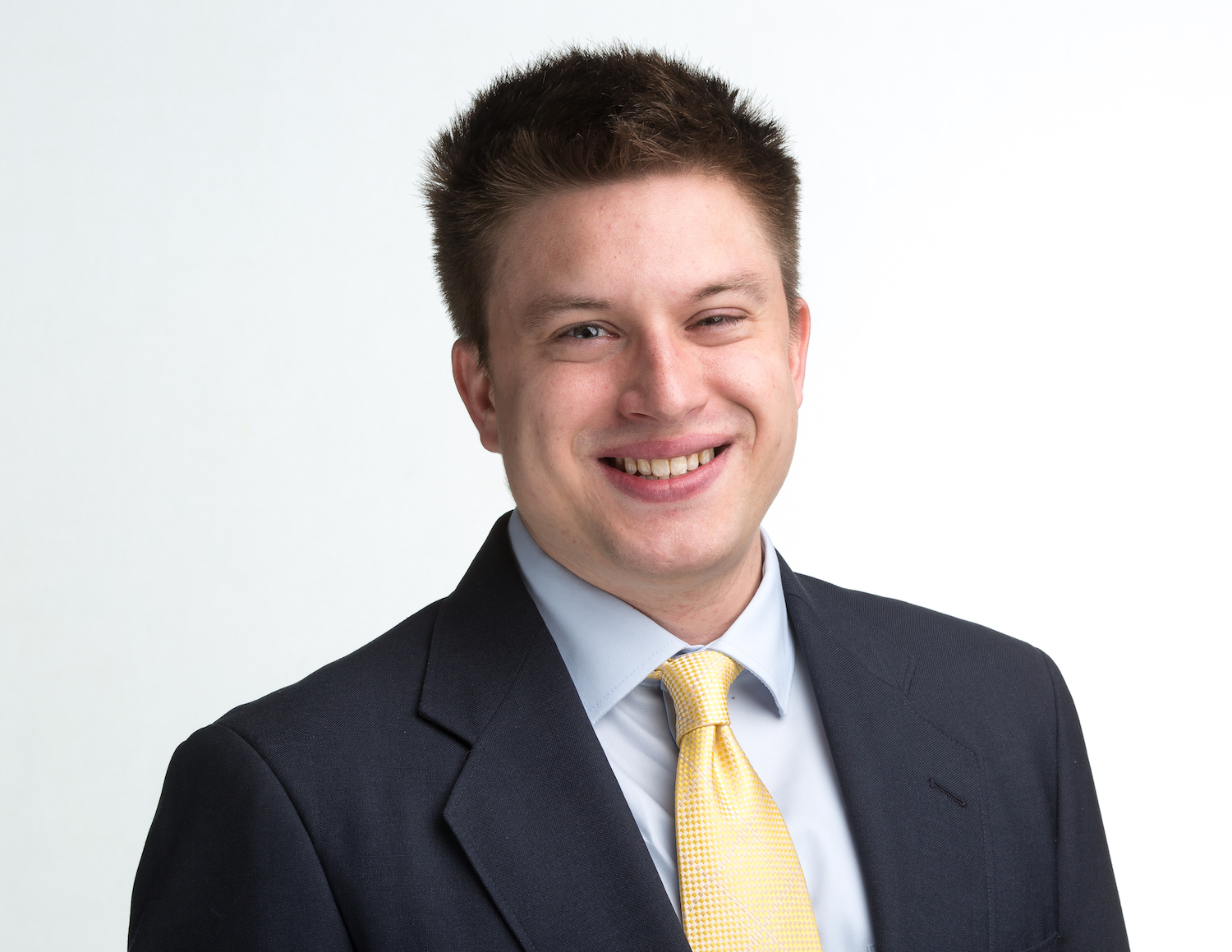
M.Phil Candidate, International Peace Studies
Trinity College Dublin
When I sat down to write this piece about how studying history at Hope has shaped my career and worldview, I found myself unsure of where to begin. Do I write about conducting archival research on the Liberian Civil War and exploring the role of historical narratives in post-genocide Rwanda? What about the semester I spent studying post-conflict transformation in Durban, South Africa? Or perhaps I should devote this space to detail the countless conversations I had with the department’s professors—in their offices, over coffee at Lemonjellos, and even over dinner—about history, yes, but also my aspirations, sense of calling, and fears.
After a few moments staring blankly at my computer, my history training kicked in. Where should I begin? By reviewing what has already been written on this blog, of course! Two themes quickly became evident that mirrored my own experience in the department—the ability to think critically and communicate effectively. I’d like to offer my own perspective on these topics, focusing in particular on critical thinking.
For me, studying history at Hope was not about memorizing dates and events; it was about learning how to analyze messy, competing narratives and ultimately weaving them together into a coherent argument. Through this process, I came to realize that nothing occurs in a vacuum. Exploring the context surrounding a given event or action is often the first, essential step to take in order to unlock explanations (or at least better understand) something that at first glance might seem nearly impossible to comprehend. Allow me to offer three examples of why this matters and how my history training has served me well in this area.
First, as a graduate student in peace studies at Trinity College Dublin, I found that determining potential avenues for resolution to conflicts—be it in Ireland, South Sudan, or Central African Republic—always required a lengthy look back at prior events and the people that shaped (and continued to impact) the conflict.
Second, in my current role working for a leading online travel agency, I’ve learned that how partners and colleagues respond to the requests I make is closely linked to factors that go beyond the specific issue at hand. By keeping things such as their underlying interests and responsibilities as well as their perception of me at the forefront of my mind, I am better positioned to achieve a mutually beneficial outcome.
Finally, in keeping with recent trends, one of the overarching themes of 2018 so far has been rapid change. Headlines of dramatic shifts in politics, economic policy, and technology seem to appear on daily (or hourly) basis. It can be exhausting and more than a little stressful to keep up. That said, I’ve noticed that examining the context of each blaring headline can help make things far less startling, enabling me to more easily grasp what is driving these events or actions. In short, my history training has positioned me well to confront the all-important why question.

